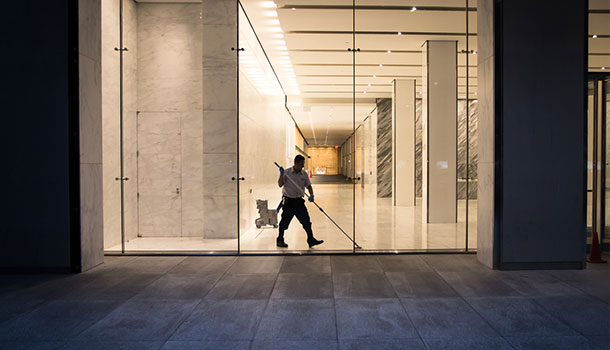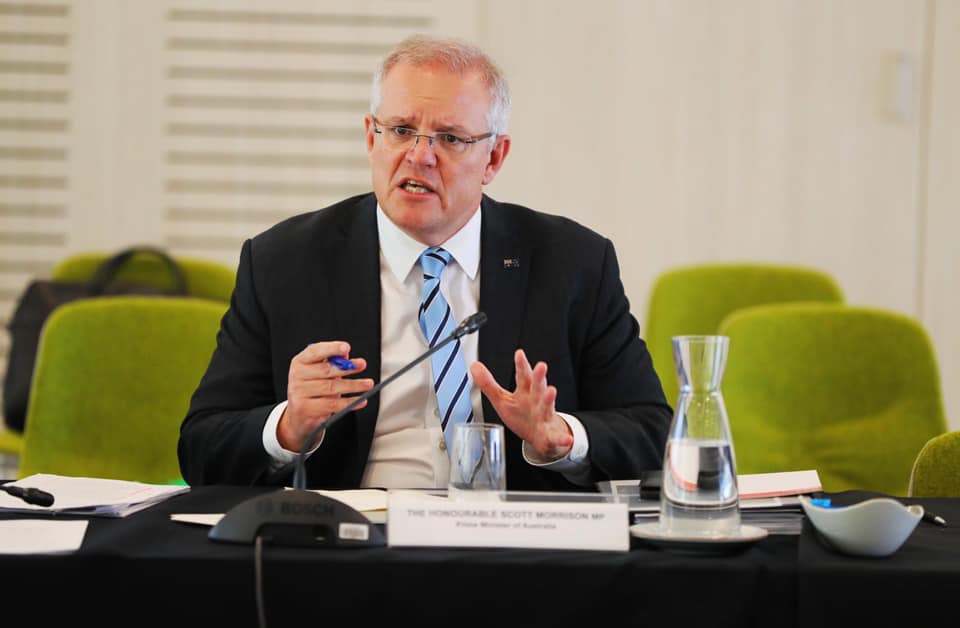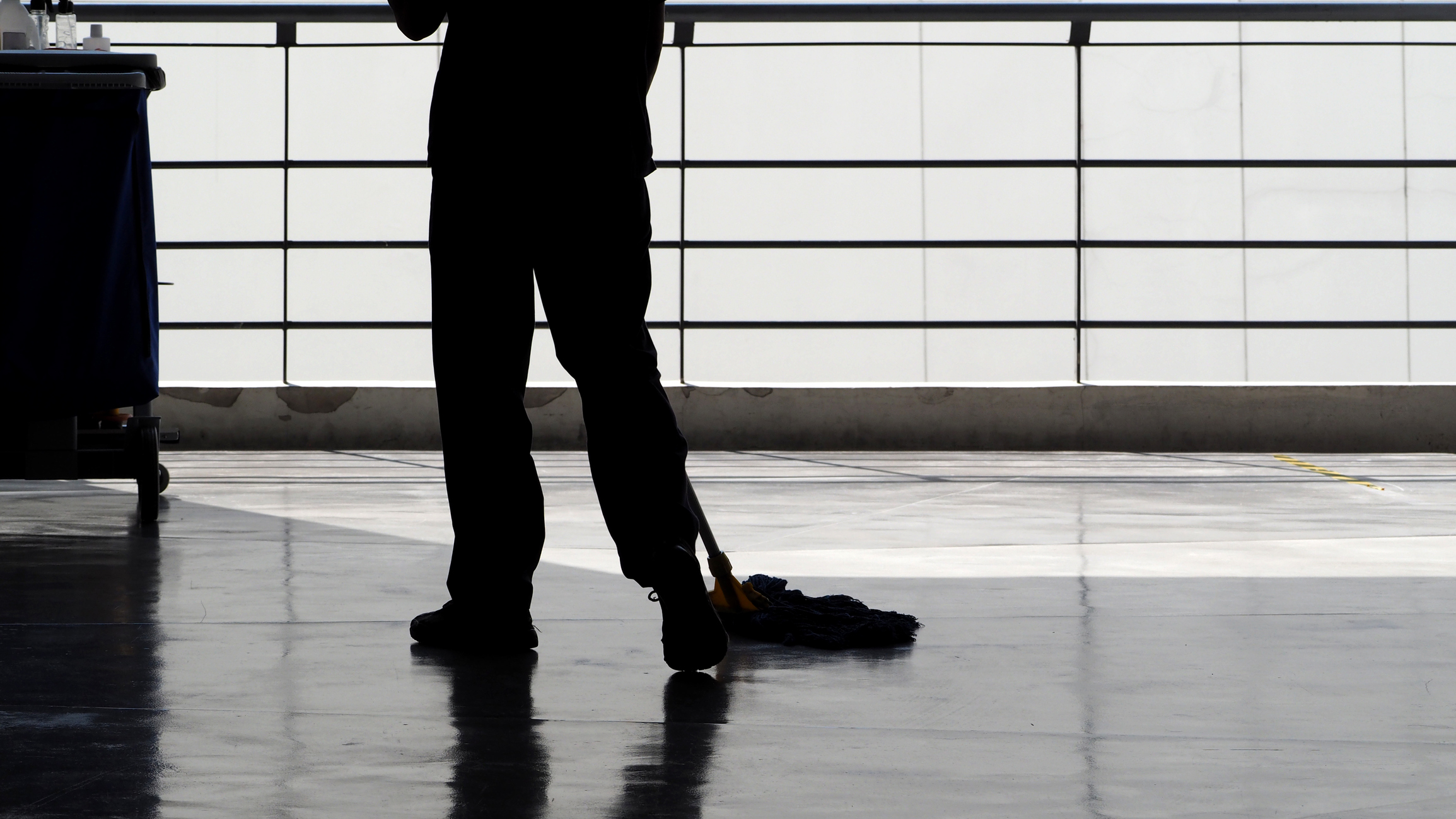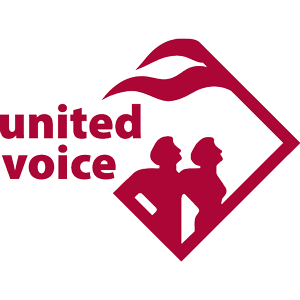
The Government’s $130 billion JobKeeper wage subsidy package has passed the Senate, with up to 6 million Australians set to receive a fortnightly wage subsidy of $1500 from next month.
Federal Parliament approved the Government’s JobKeeper legislation last night, understood to the largest economic bailout in Australian history. More than 703,000 Australian businesses are understood to have already registered for the wage subsidy.
The $1500 per fortnight JobKeeper payment is the equivalent of about 70 per cent of the median wage and represents about 100 per cent of the median wage in some of the most heavily affected sectors, such as retail, hospitality and tourism.
It will be available to full-time and part-time workers, sole traders and casuals who have been with their employer for 12 months or more. Payments will be made to employers for up to six months starting from May.
Tonight the Australian Parliament delivered for the Australian people passing the $130 billion #JobKeeper payment with around 6 million Australians expected to receive $1,500 a fortnight.
We are doing all that we can to keep Australians in jobs & businesses in business. pic.twitter.com/wJBKxVHemH
— Josh Frydenberg (@JoshFrydenberg) April 8, 2020
James Pearson, CEO of the Australian Chamber of Commerce and Industry, said the legislation, including changes to the Fair Work Act, is critical to keeping businesses in business and Australians in work.
“For many businesses, maintaining the relationship with their employees, even in situations where hours are reduced or an employee needs to take on a second job, will mean a faster recovery when this crisis starts to lift.
“Being able to kickstart a business after partial shut down or hibernation with the same employees on board will make a big difference.
“The changes will allow employers, across the next six months, to alter the number of hours worked by eligible employees, but not their hourly rate.
“Flexibility around days worked, and when leave is taken will also support businesses and jobs, and help people adapt to changing circumstances.”
Pearson said the temporary, targeted amendments to the Fair Work Act, specifically designed to help combat the impact of the pandemic, will enable many employers of hard hit businesses to participate in the scheme, and to provide their employees with an income.
Over 703,000 Australian businesses have now registered for our #JobKeeper wage subsidy of $1500 a fortnight for each employee. Tomorrow we will seek to pass the legislation through the Parliament.
— Scott Morrison (@ScottMorrisonMP) April 7, 2020
Sally McManus Australian Council of Trade Unions secretary said the scale of the union-won package is unprecedented.
‘The JobKeeper wage subsidy, along with the JobSeeker payment, will transform lives and bring many workers and their families back from the brink of economic ruin.
“The government has excluded millions of people from JobKeeper but it has given the Treasurer the power to extend the program to cover more people than it does currently.”
Calls for temporary visa holders to be eligible for JobKeeper subsidy
While citizens, permanent residents and many New Zealanders have access to government payments, including the new JobKeeper and JobSeeker payments, temporary visa holders do not.
The JobKeeper wage subsidy program also only currently applies to casual workers who have been working at their current place of employment for 12 months or longer.
On Saturday 4 April, the Department of Home Affairs announced a number of changes to the temporary visa holder arrangements.
Temporary Skilled visa holders on a two- or four-year visa who have been stood down or have had their hours reduced as a result of the coronavirus crisis will maintain their visa validity.
Businesses will be able to extend employee visas and will also be able to reduce their hours without putting the visa holder in breach of their visa conditions.
However, existing visa conditions remain the same for any visa holders who have been laid off, as opposed to stood down; if they’re unable to secure a new sponsor, they’ll need to leave the country.
Four-year visa holders who are reemployed after the pandemic will be able to count time spent in Australia towards their permanent residency skilled work experience requirements.
While most temporary visa holders with work rights can now access up to $10,000 from superannuation funds this financial year, they remain ineligible for welfare provisions.
National secretary of United Workers Union Tim Kennedy said the union is calling on the government to revise its wage subsidy announcement to include every worker in Australia.
“Our view is that the payment needs to go to all workers – casuals, labour hire, freelancers, contractors and gig workers, irrespective of their citizenship as well,” Kennedy said.
“Migrant workers are facing the uncertainty of ever changing travel restrictions and border closures, if their visa expires during the pandemic they won’t be allowed to continue the essential work they do, and if they lose their job will not legally be able to seek other employment. It’s a dire situation.
“As casual workers and non-citizens, temporary migrant workers do not have the visa security, wage support and access to healthcare they need to be protected in this national health crisis.
“We must ensure all workers are included and supported to the extent that is needed. We just cannot have a crisis where some are more privileged than others. No worker should be left behind.”
Workforce critical to industry’s survival: CAF
There are 2.17 million people presently in Australia on a temporary visa and around 139,000 temporary skilled visa holders, on either a two-year or four-year visa.
According to the Australian Bureau of Statistics, of the 2.6 million casual workers in Australia, around 955,000 have been with their current employer for less than a year.
Poonam Datar, CEO of the Cleaning Accountability Framework (CAF), said social security provisions such as the JobKeeper and JobSeeker wage subsidies are “critical lifelines” for workers whose livelihoods are already or are set to be impacted by the economic fallout of COVID-19.
“Temporary visa holders contribute significantly to Australia and industries such as cleaning, which have been classified as essentials services, are largely made up temporary visa holders. Without government support, who can these workers turn to?
“In order to support the economy getting back on track it’s critical to keep these essential industries functioning and ensuring labour forces of these industries continue. When businesses do re-open it will be with added precautions… more cleaning resources and even more specialised cleaning resources will be needed.
“Industry groups need to work together to ensure the cleaning industry survives, and critical to that survival is its labour force. Employee representatives could have a greater impact lobbying together for more safeguards for the cleaning industry.”
Comment below to have your say on this story.
If you have a news story or tip-off, get in touch at info@3.106.117.80.
Sign up to INCLEAN’s newsletter.





